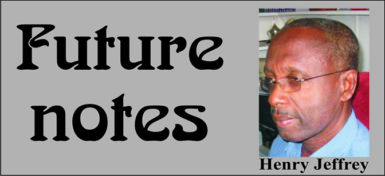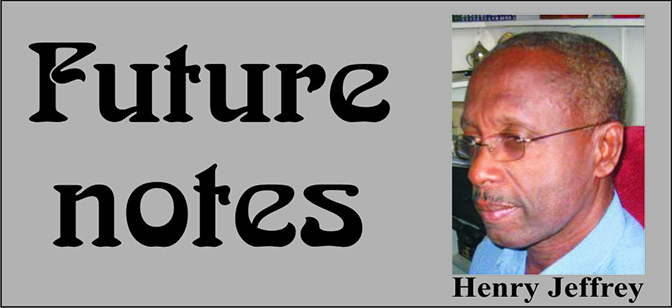
Let me make it quite clear that I am not impressed by Mr. Jagdeo and his party’s political, economic or social skills: how could one be? For example, at the level of political conceptualization, knowing full well that he is an extremely polarizing figure who cannot win much support beyond his traditional constituency, Mr. Jagdeo continues to flirt with an unhelpful notion of a third term, which his party says it does not support and that can only fuel the mobilisation machinery of his opponents! At the level of political activism, by the end of its time in government, the former president of Cheddi Jagan’s PPP was being dragged to court for exacerbating ethnic tensions to win a general election! And at the level of political management, here is a political leadership that having been in control of the state apparatus lost two elections and then tells one that they were rigged from under them by those in opposition. Is it any wonder, then, that many of their own supporters cannot see the PPP/C back in government for decades? So I am not coming to this analysis with rose tinted lenses about former president Jagdeo or the PPP/C, but given their standing we should consider carefully what they have to say.
Mr. Jagdeo claimed that the PPP/C had hoped that the 2001 changes to the constitution that established the various rights and parliamentary sectoral committees would have helped to build the kind of trust that would have allowed his government to ‘contemplate at the executive level more types of sharing.’ He now believes that ‘We have to find a model that involves everyone in the future … governance setting, and that’s why I said our party will work on a pact with civil society before the next elections.’ Clearly with an eye on the behaviour of the present government, he accepts that civil society desires constitutional reform and stated that he will structure his party relationship with its new partners in a manner that will, as best as possible, guarantee that if the PPP wins in 2020, its promises will be fulfilled. Any party that pursues similar dreams that wants to be part of that collective will have a space and ‘A mechanism will be installed to supervise the accountability of state power’. Like political parties everywhere, he also promised that ‘the next PPP government would design policies to empower the poor and there will be inclusive governance that takes in every race and religion.’

